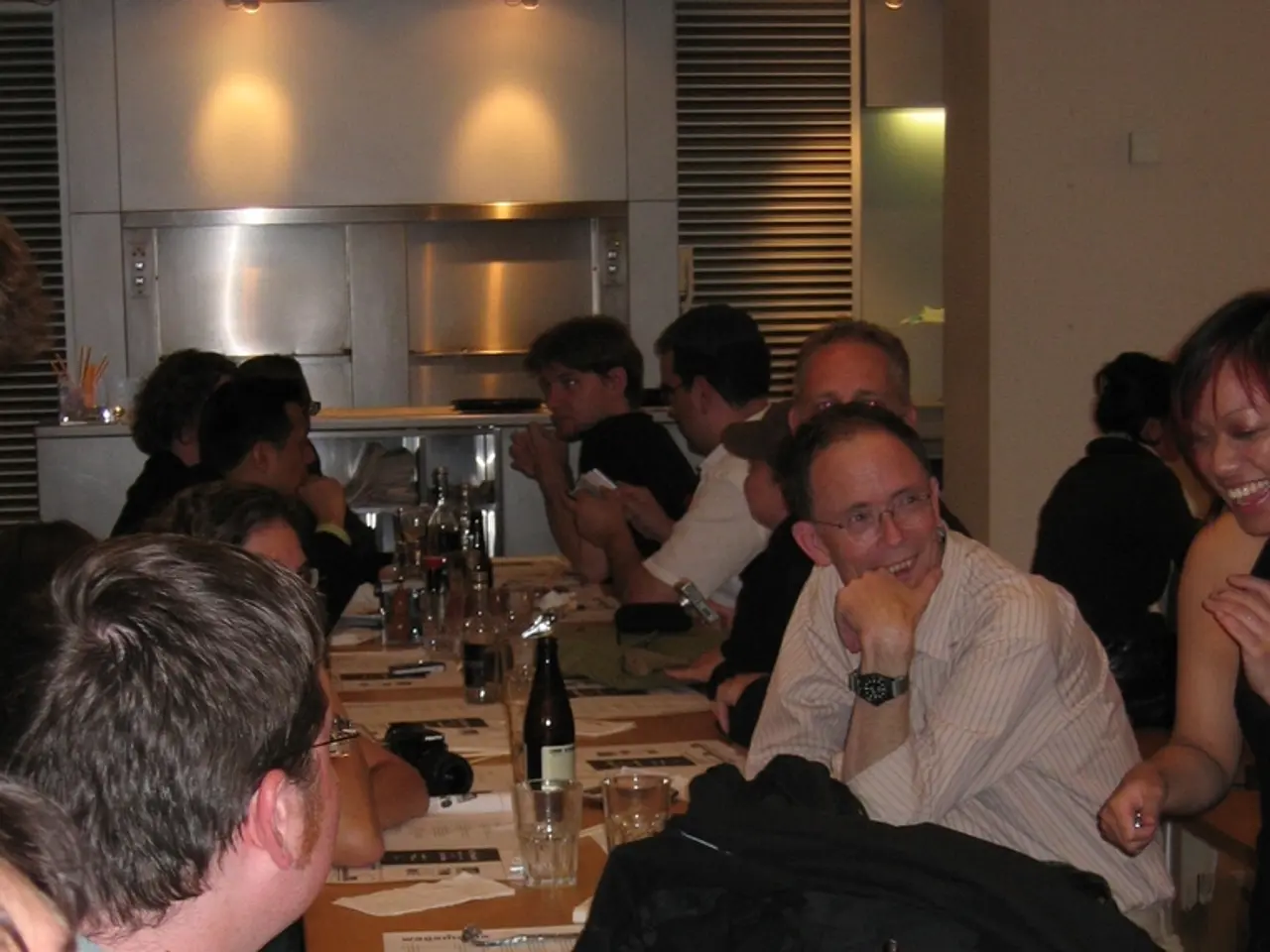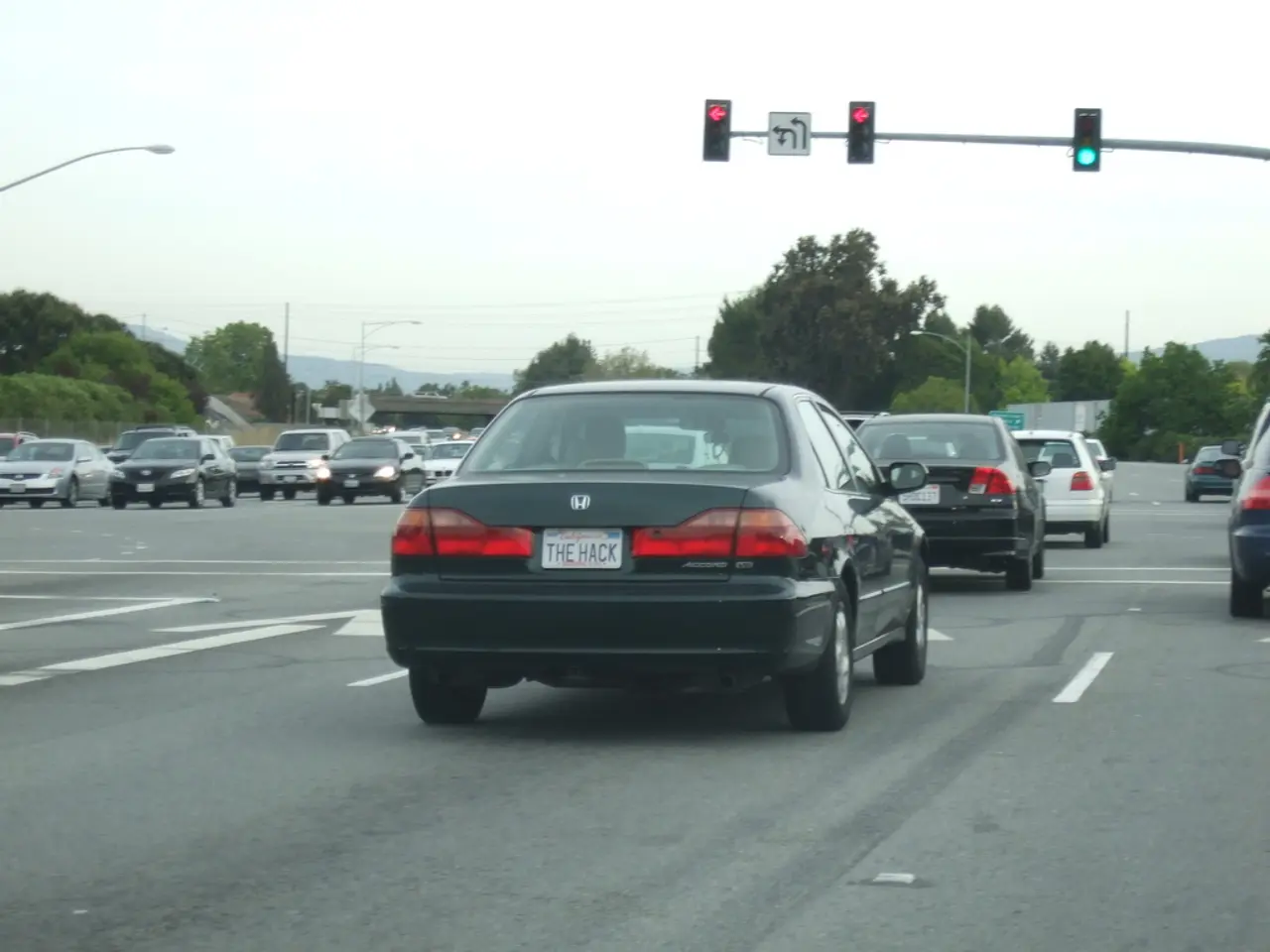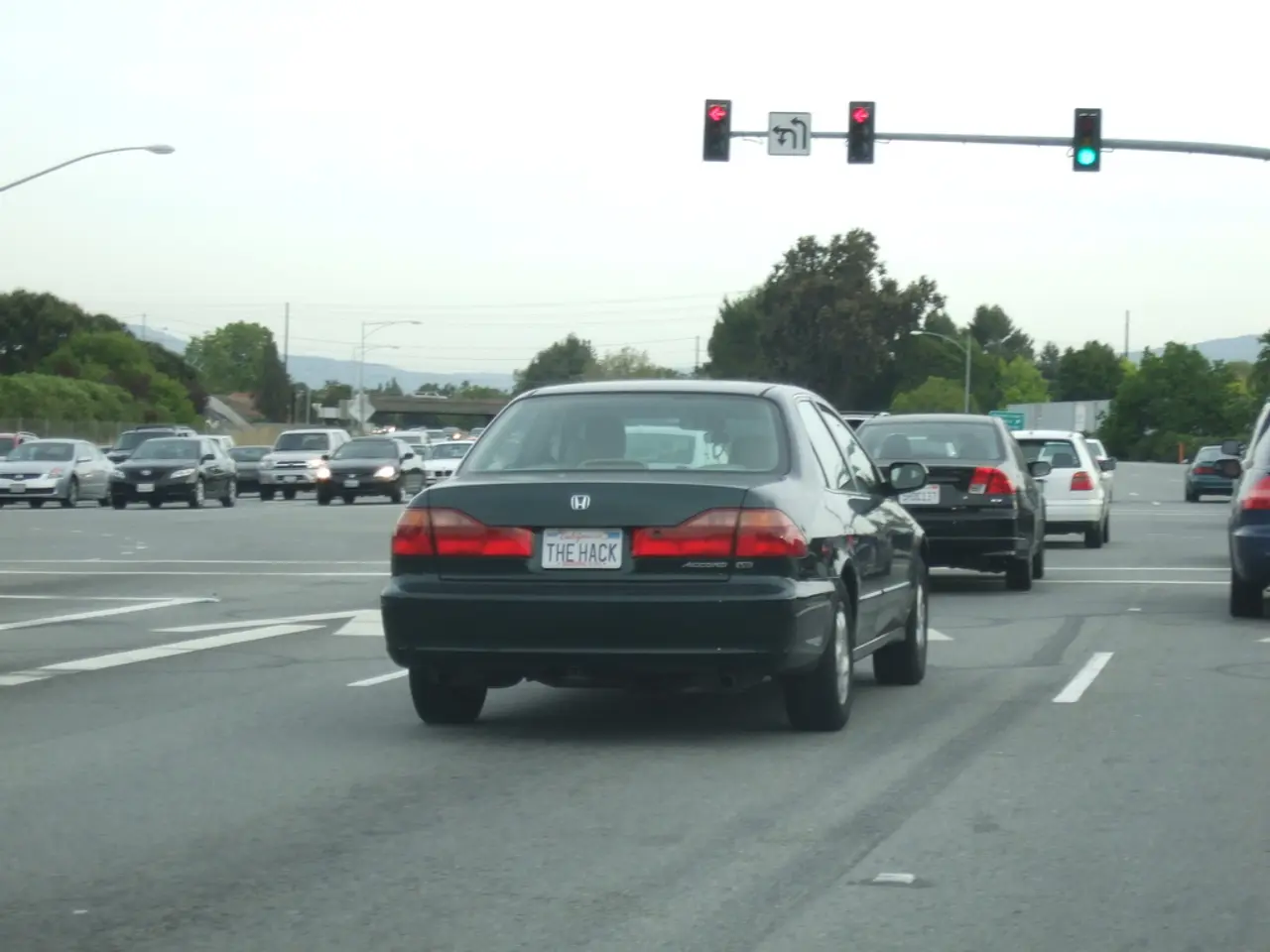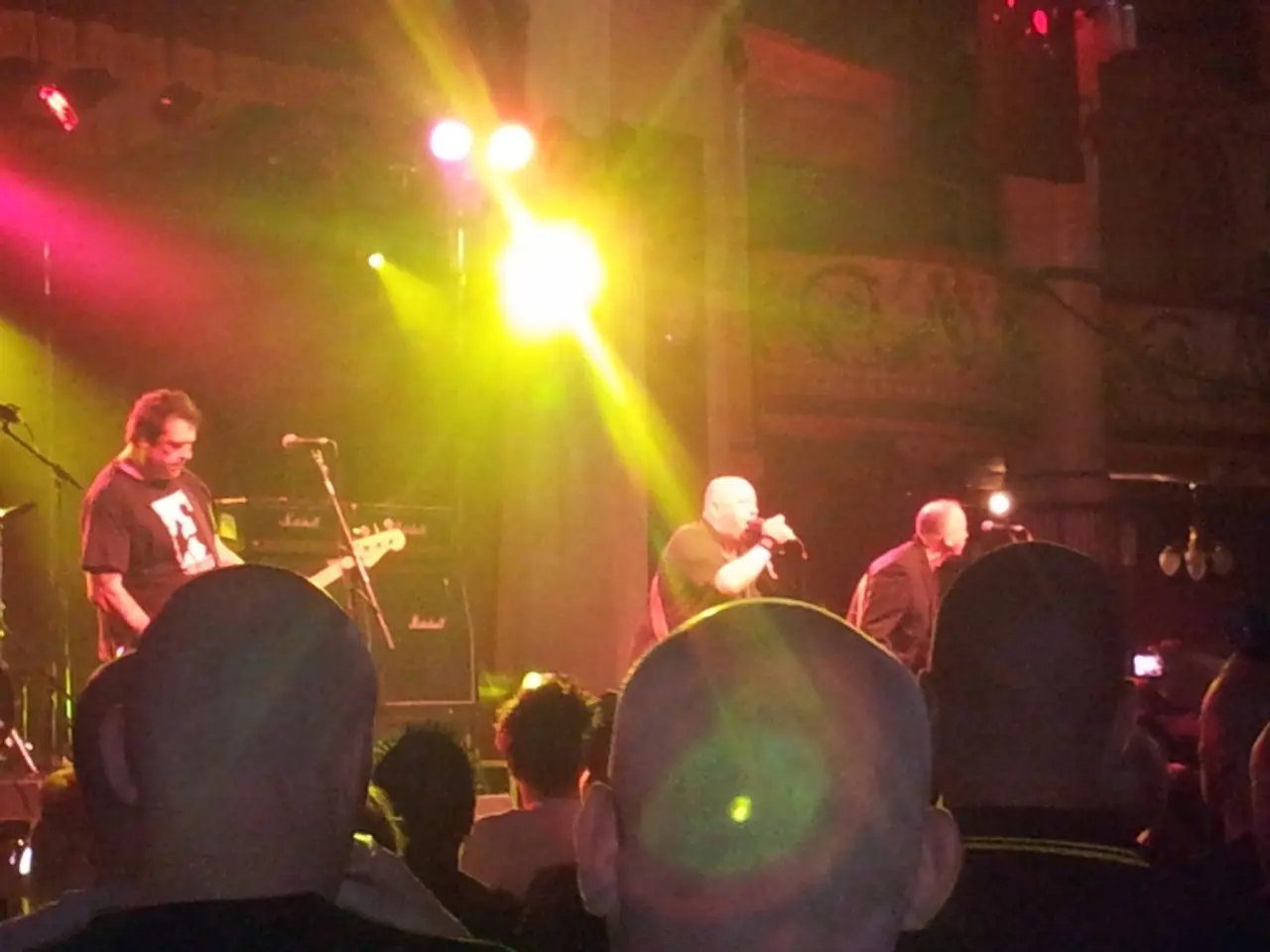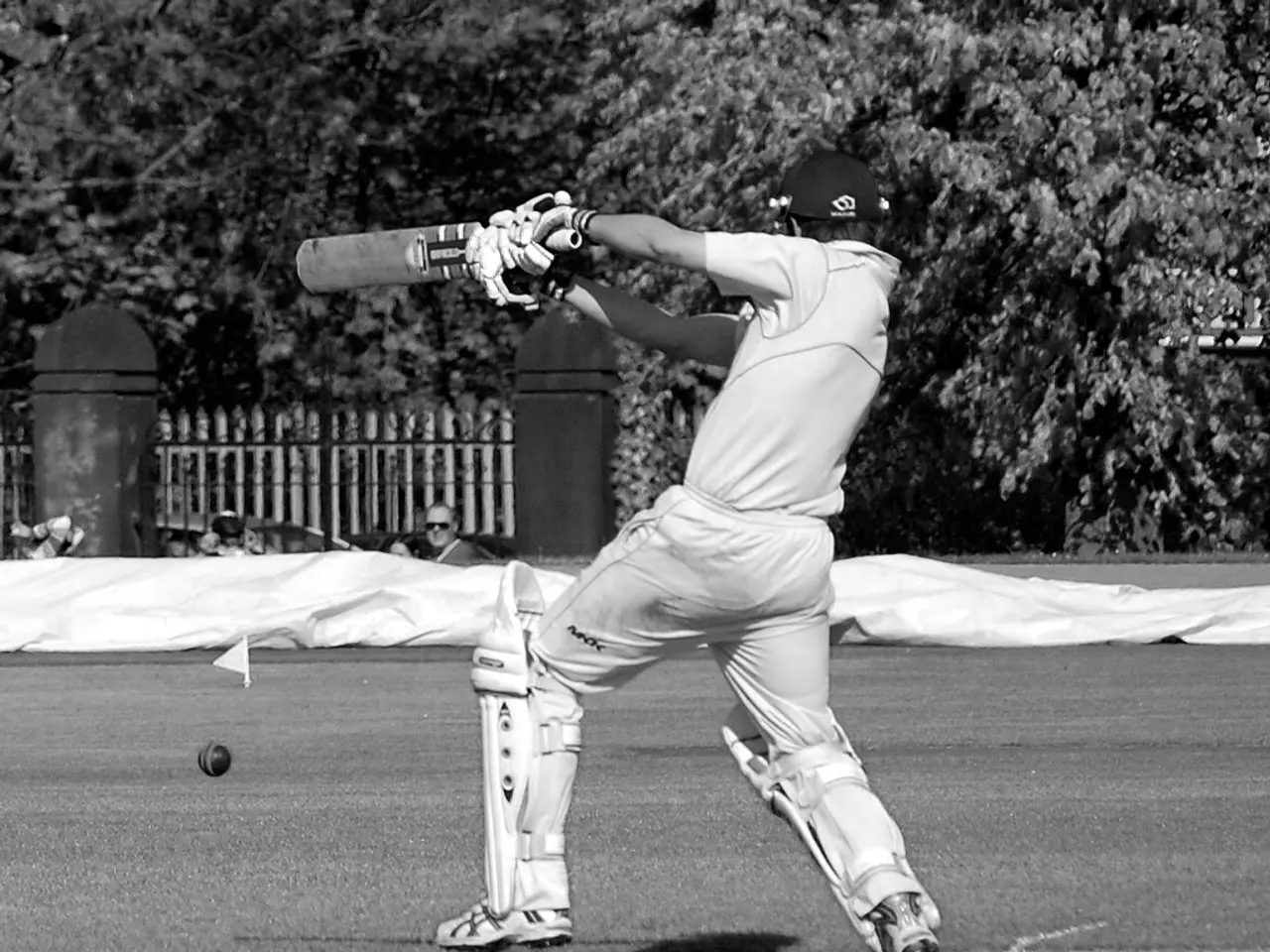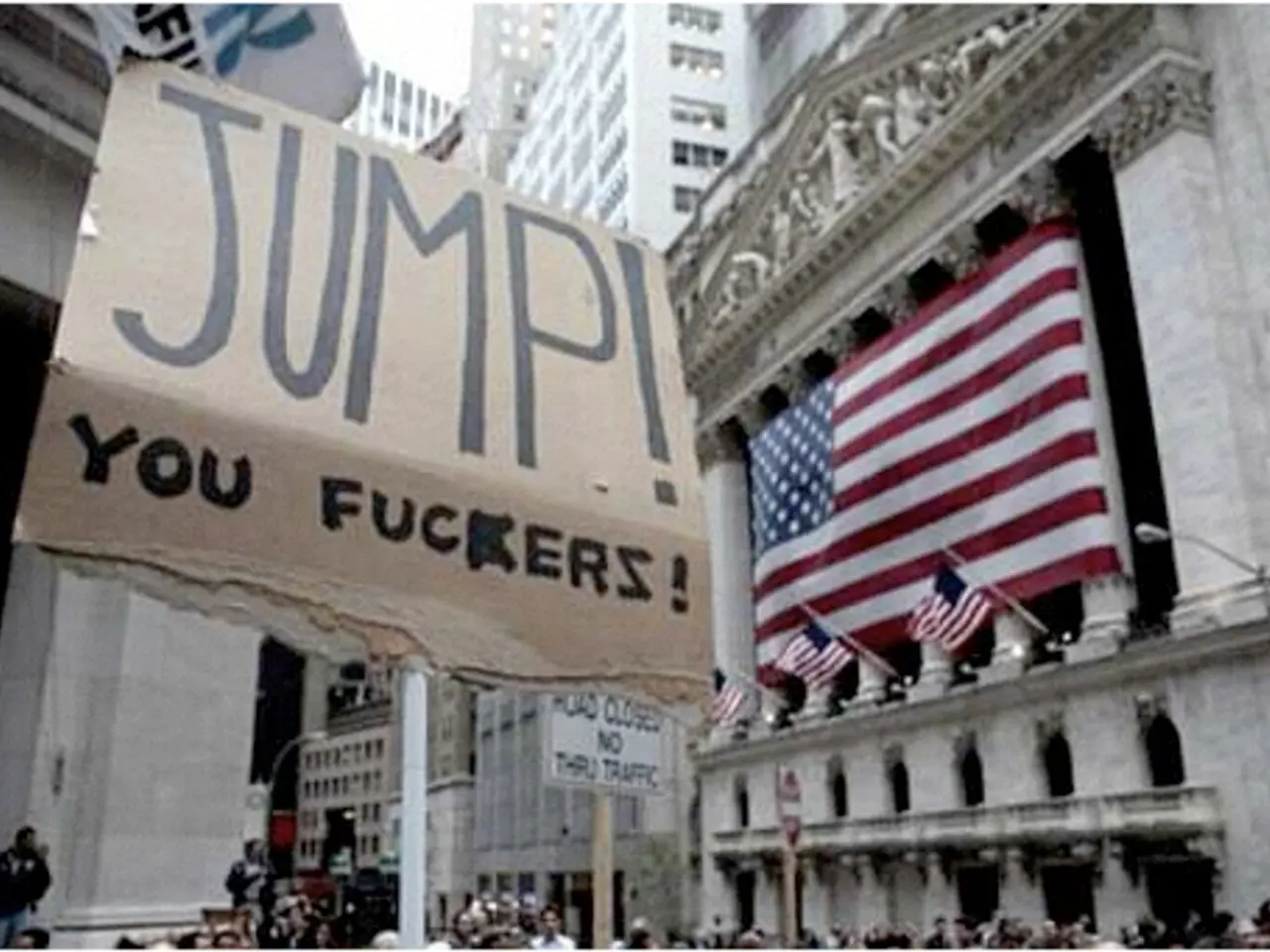Three former Supreme Court Justices endorse concurrent elections, yet express concerns about the proposed legislation.
In a significant development, former Chief Justices of India have endorsed the constitutionality of the "One Nation, One Election" concept, while expressing significant concerns regarding the powers given to the Election Commission (EC) under the proposed constitutional amendment.
D Y Chandrachud, along with his predecessor Ranjan Gogoi, has questioned the "sweeping powers" granted to the EC in the proposed constitutional amendment law. The bill, they argue, provides the EC with broad, unchecked authority to extend or curtail the tenure of state assemblies beyond the constitutionally mandated five years, potentially undermining the democratic guarantee of fixed five-year terms for legislatures.
The ex-justices have also highlighted that the bill does not provide clear guidelines or limits on how and when the EC can exercise this discretion, creating potential for arbitrariness or overreach in managing election schedules.
There are concerns that simultaneous elections might marginalize smaller and regional political parties, as voters may focus more on national issues and parties during combined polls. This could disadvantage regional parties and favor financially stronger national parties, impacting the political diversity of electoral outcomes.
The former CJIs have also flagged concerns that shortened assembly tenures following midterm polls could hinder government functioning and project implementation, posing a challenge to effective governance at the state level.
While acknowledging that the Constitution does not explicitly forbid simultaneous elections, the former chief justices urge the parliament to carefully scrutinize and limit the extensive powers of the Election Commission. They also suggest considering safeguards to protect smaller parties and maintain democratic balance within the electoral process.
Chandrachud has suggested strengthening rules governing electoral campaigning, particularly campaign finance, to ensure a level playing field among political parties. He believes that simultaneous elections will not infringe upon the voters' right to elect their representatives.
The former chief justices of India have endorsed the constitutionality of the "one nation, one election" concept, but their concerns over the EC's powers and the potential impact on smaller parties underscore the need for careful consideration and balanced decision-making in implementing this proposal.
The article is published from a syndicated feed and has not been edited by the website staff.
The former Chief Justices of India have urged the parliament to scrutinize and limit the extensive powers of the Election Commission, as they endorse the constitutionality of the "One Nation, One Election" concept. In debating the proposed constitutional amendment, they have expressed concerns about the potential impact on political diversity, especially smaller and regional parties, and the possibility of the EC exerting broad, unchecked authority over election schedules.
